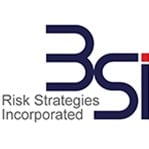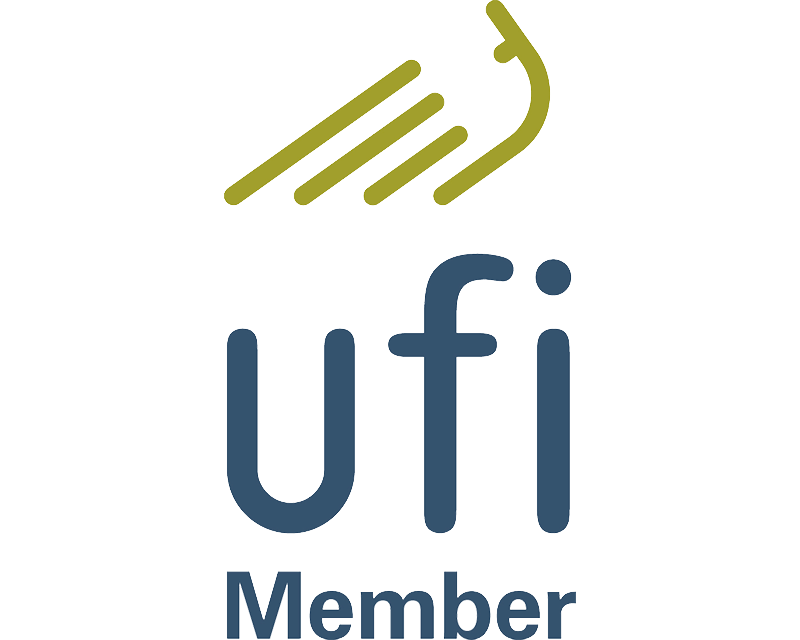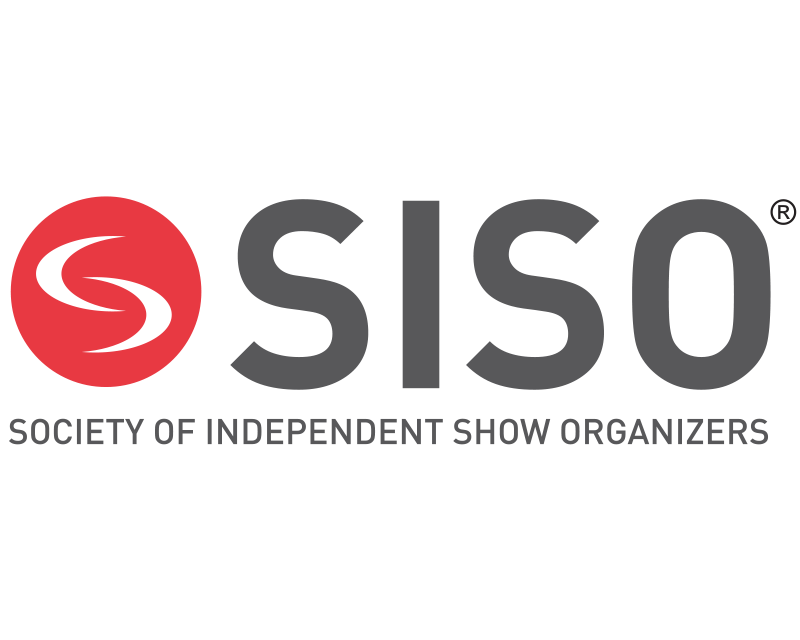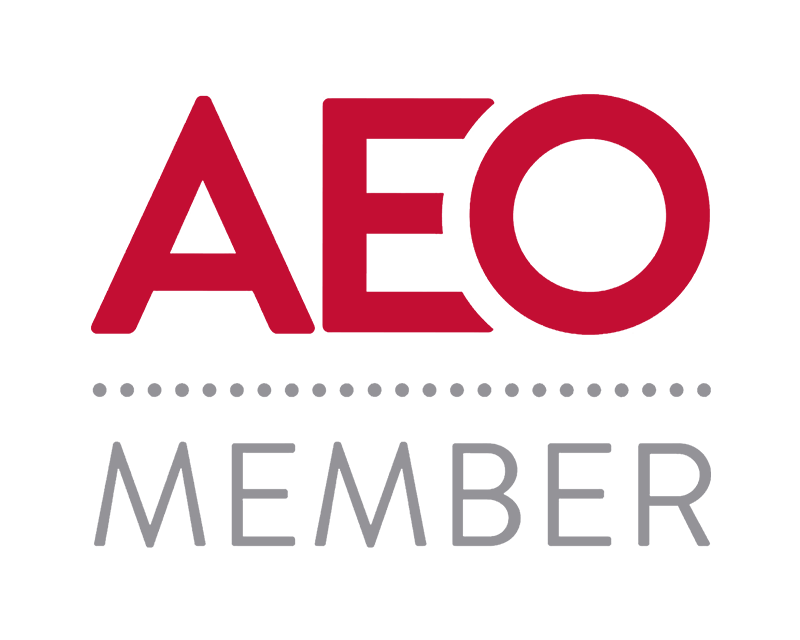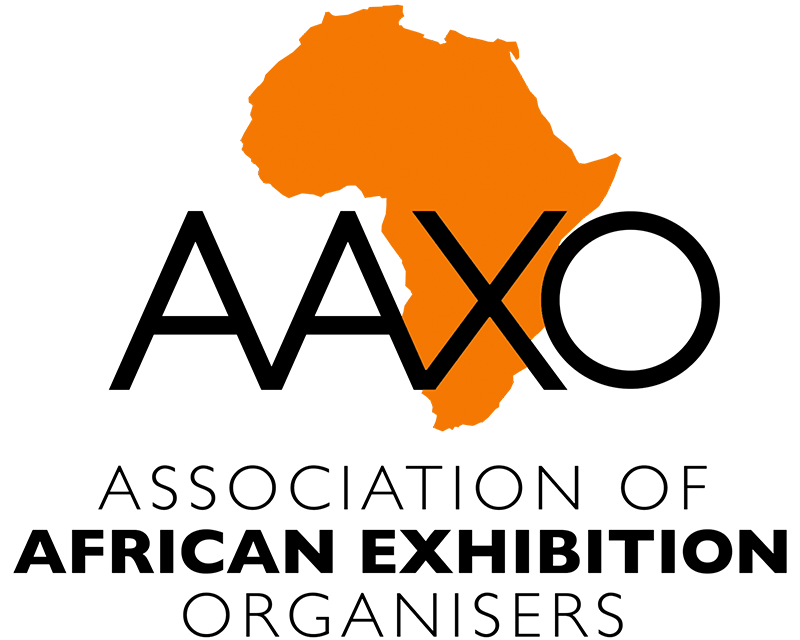2022 Knowledge Bar Program
DAY 1 Tuesday, May 10, 2022
11:00 AM
ReCAPTM Emission Recovery System / XR Technology with Straight-LineTM Predictability
Knowledge Bar
ReCAPTM Emission Recovery System / XR Technology with Straight-LineTM Predictability
Tuesday, 10 May 2022
11:00 AM
Exhibition Hall, Booth 523
Energy companies are under increasing pressure from the public, regulators, and investors to mitigate methane emissions during common pipeline operations. As a result, many are turning to gas recovery technologies to avoid venting or flaring and to achieve evolving ESG goals. For most pipeline operators, the objectives are the same when it comes to pipeline depressurization and gas recovery: reduce pipeline pressure to 0 psi, transfer the gas in shortest amount of time possible, and of course, do it safely. The ReCAP™ Emissions Recovery System answers the call. By way of a simple three-step process, ReCAP recovers methane during pipeline depressurization operations, recompresses it, then discharges it into an adjacent pressurized system––all at a constant rate to 0 psi. The ReCAP technicians make just two connections, turn the system on and it does all the work. There’s little to no operator involvement, meaning it’s not just simple, it’s safer, too. What truly sets ReCAP XR technology apart from other systems is its patent pending Straight-Line™ predictability, which delivers a new industry standard in depressurization and methane recovery speeds. It allows greater control as the methane is transferred into the live pipeline, no matter the pressure differential, from 1440 psi and down as the pressure levels drop. Other systems struggle to maintain consistent depressurization speeds throughout the process, which slows down their performance and adds to the burden of downtime. The ReCAP system is self-contained, easily transportable, and engineered with automated functionality for safety. Best of all, by keeping gas in the pipeline, it reduces GHG emissions nearly 100%.
12:00PM
Using Pipeline Isolation and Cross Compression Technologies to Practically Eliminate Emissions
Knowledge Bar
Using Pipeline Isolation and Cross Compression Technologies to Practically Eliminate Emissions
Tuesday, 10 May 2022
12:00PM
Exhibition Hall, Booth 523
To mitigate against climate change many companies, regulating bodies and governments globally are focusing on emission reduction and movement towards a NET ZERO future. Since TDW released the first generation of STOPPLE® Technology in the 1950’s operators worldwide have been able to maintain and repair piping systems without interrupting service. Today T.D. Williamson will discuss how the latest hot tapping and line isolation technologies can be utilized to reduce methane emissions when performing tie-in, modification, or repair work on natural gas piping systems and ultimately help operators meeting both internal and external methane emission reduction targets and goals. TDW will also discuss how hot tapping and line isolation technologies can be used in conjunction with cross compression technologies to practically eliminate methane emissions when performing these same activities on natural gas piping systems.
1:00 PM
How to De-risk Projects and Improve Relationships Through New Engagement Tools and Processes
Knowledge Bar
How to De-risk Projects and Improve Relationships Through New Engagement Tools and Processes
Tuesday, 10 May 2022
1:00 PM
Exhibition Hall, Booth 523
Indigenous and stakeholder relations have changed from a focus on consultation to a focus on engagement. In this session, discover what’s the difference and how your organization can embrace new engagement tools and processes that will help de-risk your projects and improve your relationships with Indigenous communities and stakeholders. Today, relationships are becoming increasingly more complex to manage, yet they are key to successful projects and better outcomes. While consultation has always been an important element of many regulatory processes, now Indigenous communities and stakeholders are calling for more than a conversation to simply check a box;they’re looking for meaningful opportunities to be heard. When done well, organizations can use these opportunities to build valuable social capital with communities and forge lasting relationships. Whether your organization is looking to move from consultation to engagement with your Indigenous communities and stakeholders, or simply ensure you are meeting your legal obligations, embracing new tools and processes can help your team manage and track valuable information, and gain insights. This session will show participants how engagement information, when combined with technology, can provide organizations with the tools to identify and mitigate risks – such as with relationships, engagement history, issues, or commitments – and provide staff the insights they need to go into meetings with confidence.
2:00 PM
TEECOP Project Delivery Model – Western Canadian LNG application
Knowledge Bar
TEECOP Project Delivery Model – Western Canadian LNG application
Tuesday, 10 May 2022
2:00 PM
Exhibition Hall, Booth 523
Western Canadian LNG (and other energy) developments face complex risk profiles that differ to similar projects proposed elsewhere in North America. Complex pipeline routes through difficult terrain, long distances between gas reserves and the coastline, regulatory and permitting challenges, high labor costs, remote work environments, limited coastal locations suitable for marine sites, engagement with local stakeholders and public opposition are all nuances that differentiate this complexity. Project sponsors must apply a carefully considered approach to developing west coast LNG export projects that is backed by credible organizational experience. However, the greatest risk to these projects is not a single line item or risk category. It is the risk of not being able to manage the Technical, Environmental, Economic, Commercial, Organizational and Political (TEECOP) aspects of project development with sufficient maturity across all TEECOP categories at a single point in time. Too often the technical gets ahead of the commercial and other categories vice-versa. Or more simply, a category was not deemed critical at the formative stages of development. These happen for a multitude of reasons such as a proponent being unable to secure the right resources for the role(s) or not having suitable local content (project being run out of global LNG centers of excellence or multiple office locations). The results are the same but symptomatic to all are;solo performances occurring in isolation rather than a choreographed performance playing to a single goal set by the group. Timing is and instrumental factor, but much like luck, the project has little control over. This presentation will discuss the TEECOP project delivery model in the context of shaping a western Canadian LNG project development and setting a project up for success at the outset. Examples will be provided on the traditional model of Owner and contractor to that of a an integrated TEECOP project delivery approach.
3:00 PM
The Role of Online Threat Identification in Mitigating Aggressive Activism Targeting Energy Sector Infrastructure and Activities.
Knowledge Bar
The Role of Online Threat Identification in Mitigating Aggressive Activism Targeting Energy Sector Infrastructure and Activities.
Tuesday, 10 May 2022
3:00 PM
Exhibition Hall, Booth 523
Issue oriented protest groups are targeting companies in the utility and energy sectors with increasing frequency in Canada. These protests range from peaceful vigils at company offices to aggressive incursions at Annual General Meetings to the assault of staff at individual work sites and the deliberate damage to infrastructure. Regardless of the level of concern presented, targeted actions of protest groups may affect the ability of utility and energy infrastructure providers to ensure the safety of their employees and conduct their operations without interference. Issue oriented protest groups have significantly increased in number over the last five years and represent a myriad of motivations and goals, which makes predicting what these groups might do, and mitigating the risks they pose, very difficult and potentially expensive for most companies. Scott Raesler, President of 3Si Risk Strategies Inc. will provide an overview of both practical and reputational risks that protests can pose to companies involved in the utility and energy sector in Canada and how these can be effectively mitigated through proactive online threat identification and monitoring as part of an overall risk management program.
DAY 2 Wednesday, May 11, 2022
11:00 AM
LNG 101 - LNG Fundamentals
Knowledge Bar
LNG 101 - LNG Fundamentals
Wednesday, 11 May 2022
11:00 AM
Exhibition Hall, Booth 523
The Oil and Gas industry is undergoing transformation to reduce its carbon emissions in a bid by governments and regulatory bodies to move towards a net-zero future. Natural gas — traded globally as Liquefied Natural Gas (LNG) is anticipated to have an important part to play in the energy transition and the outlook for gas and LNG shows strong growth and resilience. In this presentation, we'll discuss the fundamentals of LNG including an overview of the value chain and it's key characteristics. We'll also highlight some of the major projects happening around the world that are set to boost the global LNG industry. What we will cover:
• Important events in the history of LNG
• Overview of the LNG supply chain
• How LNG is produced
• Hazards related to LNG production
• Key characteristics of LNG
• Main LNG production facilities worldwide
• Major projects happening around the world
Who are Capstone ITS? We are a full service training company, specializing in the delivery of high-quality and cost-effective technical writing, custom training, and competency management solutions. Our team of expert resources consult on all aspects of industrial training and process safety, offer cutting edge technology expertise, and agile project management methodologies to deliver an unparalleled training solution experience. Presenter bio Alex Taimuri, a British Columbia based, professional engineer and MBA, saw a need for a new kind of training company which supported a well-trained and confident workforce. Alex is passionate about LNG as an alternative energy source and its potential to reduce greenhouse gas emissions, create jobs and boost the economy.
12:00 PM
Data-Driven Decisions through KPI Dashboards using Microsoft Power BI
Knowledge Bar
Data-Driven Decisions through KPI Dashboards using Microsoft Power BI
Wednesday, 11 May 2022
12:00 PM
Exhibition Hall, Booth 523
Fuzeium will demonstrate how to unlock the power of data-driven decisions using Microsoft Power BI. Fuzeium is trusted by a multi-billion-dollar capital project to build and support KPI dashboard solutions. Fuzeium will use a fictious company called Industrial Co. Inc. to illustrate examples involving HSSE, Construction Project Mgmt., COVID Analysis, Engineering IMs, Weather Station Data.
1:00 PM
Milwaukee MX Equipment
Knowledge Bar
Milwaukee MX Equipment
Wednesday, 11 May 2022
1:00 PM
Exhibition Hall, Booth 523
As a commitment from Milwaukee to offer the greenest and most environmentally sustainable options, we are laser-focused on eradicating the use of gas/diesel-powered equipment-style products where possible. MX FUEL is a revolutionary battery-powered system of light equipment products that have some major safety points as well as environmental targets with specific call-outs like NO FUMES – NO MIXING GAS – LESS MAINTENANCE – NO EMISSIONS
2:00 PM
Holistic Insights Into Security Solutions for Canada Gas & LNG
Knowledge Bar
Holistic Insights Into Security Solutions for Canada Gas & LNG
Wednesday, 11 May 2022
2:00 PM
Exhibition Hall, Booth 523
The integrity of energy infrastructures and their reliable operation remain key factors in ensuring the supply in energy, vital for the well-being of citizens and the economy. Security integrity becomes a critical facet through the fractious times which are the transition to cleaner energy. Protest and activism is less passive, more aggressive, coordinated, and sophisticated, and will be more present at energy events and at energy facilities. Assessing the scale of protest, activism, and gravity of threat, requires skilled open-and closed source analysis, and real time monitoring. There are inherent dangers of social media monitoring from the side of the desk. High quality analyzed intelligence products are game changers for strategic decision making. Geopolitical instability has exacerbated the growth in frequency and severity of cyber-attacks, including the targeting of energy critical infrastructure. There is a critical need for public and private partners to align, and enable their business, and digitally, by embedding cyber resilience in the business culture and operations and taking a systemic approach to risk management. Community engagement and consultation is critical from project initiation to operation, for new build and redesign projects. Community voices will vary in timbre and content and industry does well to listen to the gravity of all voices. The success of energy projects relies upon transparency and clear concise communications. Brand protection and reputation. Energy security risk pitfalls. The compounding impact of multiple risks – over reliance on probabilistic modelling – silo security operations – budget driven security approaches and measures – ignoring voices by rank - risk management tokenism – compliance thresholds adopted rather than security performance ceilings. Planning to manage security events, incidents, and emergencies, needs to be ‘likely scenario’ based and well informed. Again, intelligence led and risk proportional. What do I need to have in place to deter, detect, delay, and deny offending and then respond effectively? Finding security integrity in a convergent age is complex and sophisticated and will require the engagement of a team of specialists. There is no ‘jack of all trades’ security professional, and you are unlikely to justify budget and assemble such a team in house. The glue that binds our security protection is policies, the instruction manuals, protocols, procedures, processes, and programs. Regulatory compliance needs to be ingrained in governance and will have to be surpassed to achieve security performance return on investment. Legislative compliance is often miscalculated and litigation exposure results. In the case of Energy Infrastructure, the goal of security is to take prevention, mitigation, and responsive measures in order to ensure the integrity of the assets, the reliable supply of energy, the health of the workers, the health of the public, and respect for the environment. This is achieved with a security management program.
3:00 PM
Mitigating Pipeline Safety and Environmental Risk through Automated Maintenance Pigging
Knowledge Bar
Mitigating Pipeline Safety and Environmental Risk through Automated Maintenance Pigging
Wednesday, 11 May 2022
3:00 PM
Exhibition Hall, Booth 523
Manual pipeline maintenance pigging is a labor-intensive activity that poses significant safety and environmental risks. Most maintenance pigging is performed manually, which, for every pig launch, requires a labor crew to mobilize and travel to a remote site to isolate the pig launcher, depressurize the unit, open the closure door, insert a single pig, close the closure door, re-pressurize the unit, and operate a set of valves in sequence to launch the pig. This same process is then repeated further down the pipeline to retrieve the pig from the receiver. In many cases, this cycle is performed quite frequently on the same stretch of pipeline – often multiple times per day. Beyond the tangible costs associated with the labor crew traveling to these sites and performing the work, there are many additional costs related to the ever-present safety and environmental risks which are often more difficult to quantify. Converting to automated maintenance pigging not only provides a significant reduction in risk to personnel and the environment, but it also results in a more productive and consistent pigging program that ensures optimal product flow, improved pipeline integrity, and maximum corrosion control.
DAY 3 Thursday, May 12, 2022
11:00 AM
LNG Operator Training, Competency Assurance & Career Progression Planning
Knowledge Bar
LNG Operator Training, Competency Assurance & Career Progression Planning
Thursday, 12 May 2022
11:00 AM
Exhibition Hall, Booth 523
LNG Operator Training, Competency Assurance & Career Progression Planning are key elements to realizing the full potential of your workforce. The Capstone ITS - Training Competency Assurance Program (TCAP) offers LNG facilities and operators a structured competency management framework that aligns employee career progression planning with employee training requirements and competency assurance measures. TCAP is an industry-proven and scalable framework, that when implemented, will inform strategic capital management decisions and advance both short-term and long-term workforce planning initiatives.
12:00 PM
LNG Industry Insights – Derived from Public Data Using Power BI
Knowledge Bar
LNG Industry Insights – Derived from Public Data Using Power BI
Thursday, 12 May 2022
12:00 PM
Exhibition Hall, Booth 523
Fuzeium will demonstrate interesting insights about the Canadian LNG industry, simply by using publicly available data. It will be illustrated through visual dashboards built with Power BI. The pros and cons of such an approach will also be discussed.
Beware of email scams
DMG Events has been informed from several exhibitors are receiving scam emails . Please be aware these offers are fraudulent. These scammers do not have any relationship with DMG Events.In accordance with GDPR, CASL and other jurisdictional data privacy regulations, DMG Events will never sell your data to any third party organisations. Please see our Privacy Policy for more information regarding how DMG Events will process and store your information.






